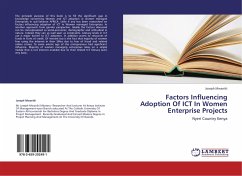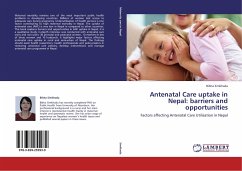Since the first case of HIV in Kenya was diagnosed in early 1980, the control of HIV and AIDS remains a major challenge in Kenya. High prevalence of HIV with regional variations, low levels of HIV testing, HIV discordance within couple relationships and concurrent epidemics of other sexually transmitted infections (STIs) make the management of the HIV epidemic difficult and complex. Couples Voluntary HIV Counseling and Testing (CVCT) services have increasingly been accepted as an effective public health tool for preventing new HIV infections particularly within HIV discordant couples. Over the past three years, Ministry of Public Health and Sanita-tion(MOPHS) through Provincial AIDS and STI Coordinating office(PASCO) has embarked on scaling up HIV counseling and testing and introduced CVCT services. Despite using various innovative health promotion techniques involving community outreaches, mass media and com-munity peer educators, the uptake of the services is low. This study aimed at investigating and analyzing the influence of social economic factors on the uptake of CVCT services in Meru Mu-nicipality. The target population was 3276 married people aged 18-49 years.
Bitte wählen Sie Ihr Anliegen aus.
Rechnungen
Retourenschein anfordern
Bestellstatus
Storno








